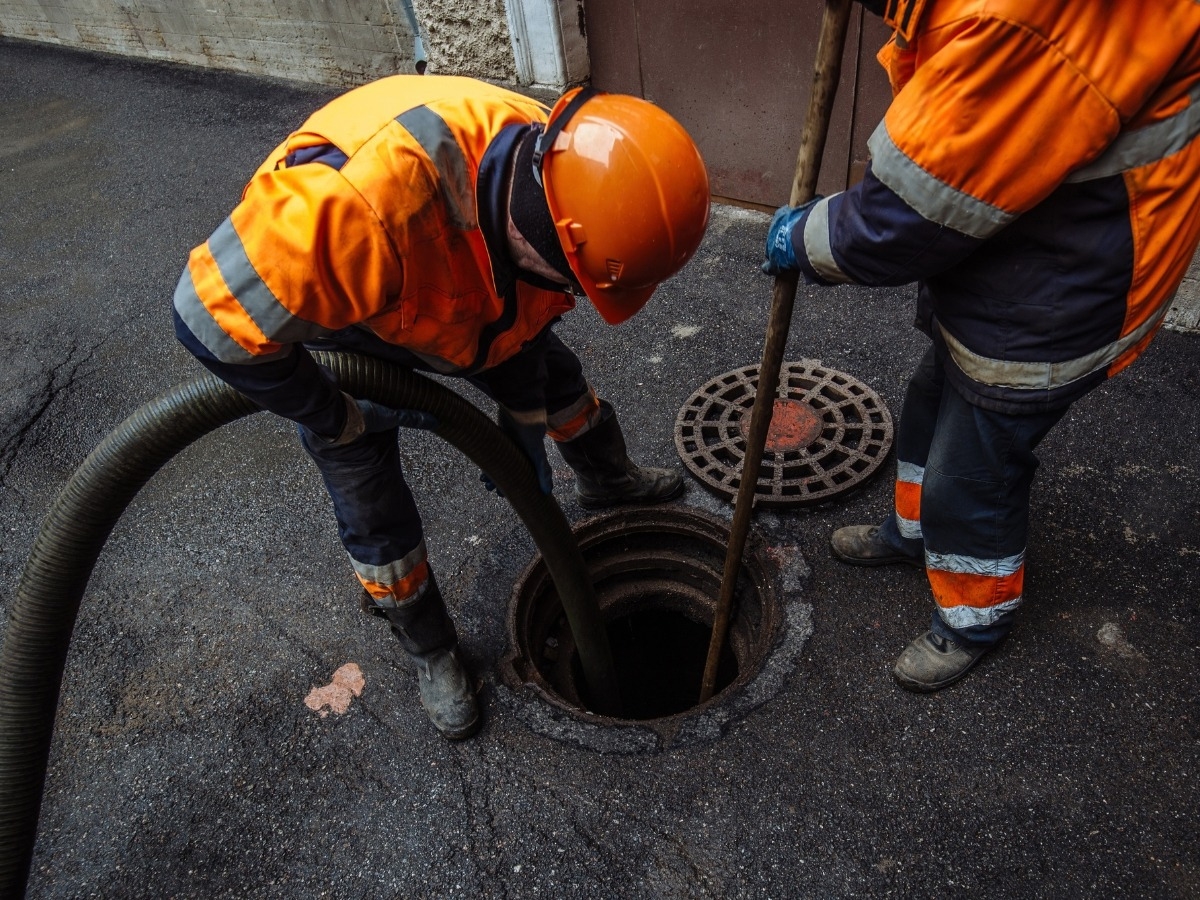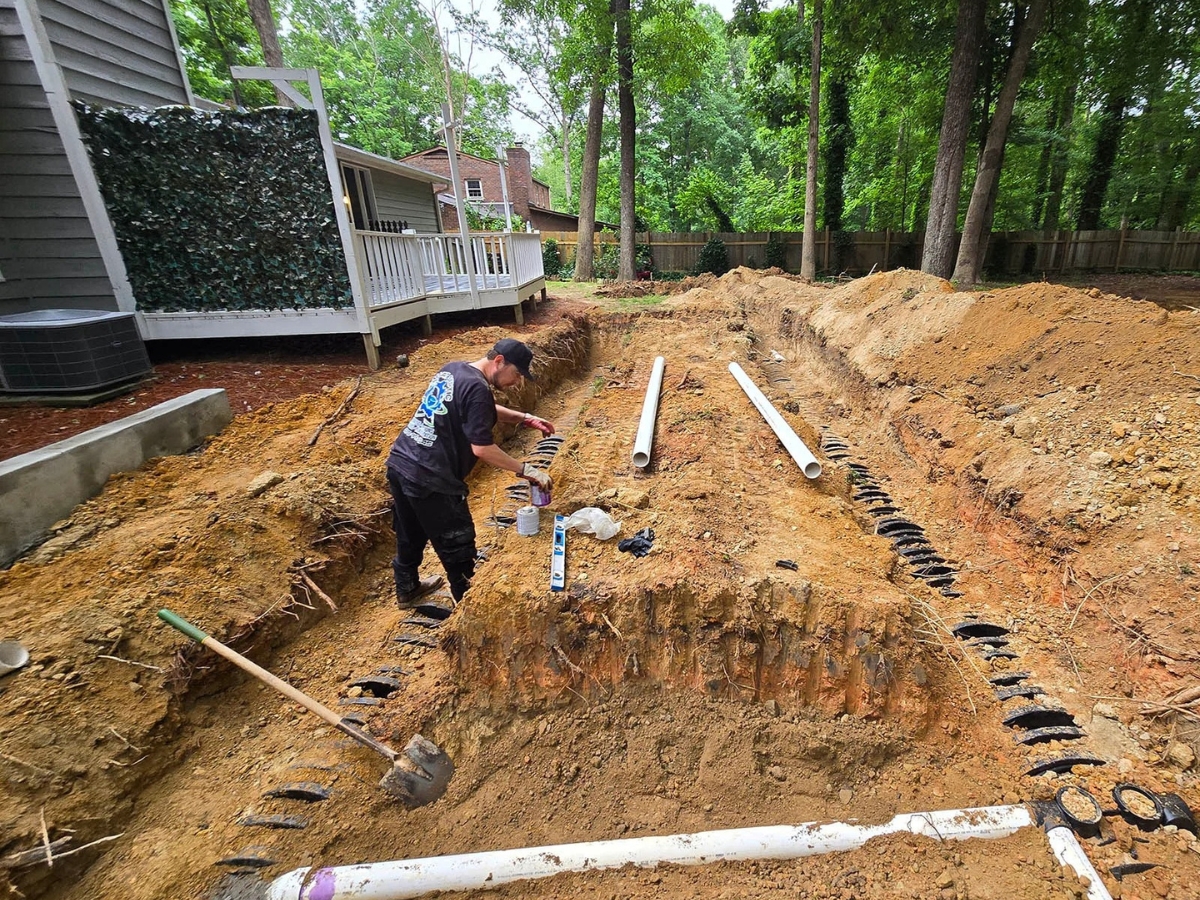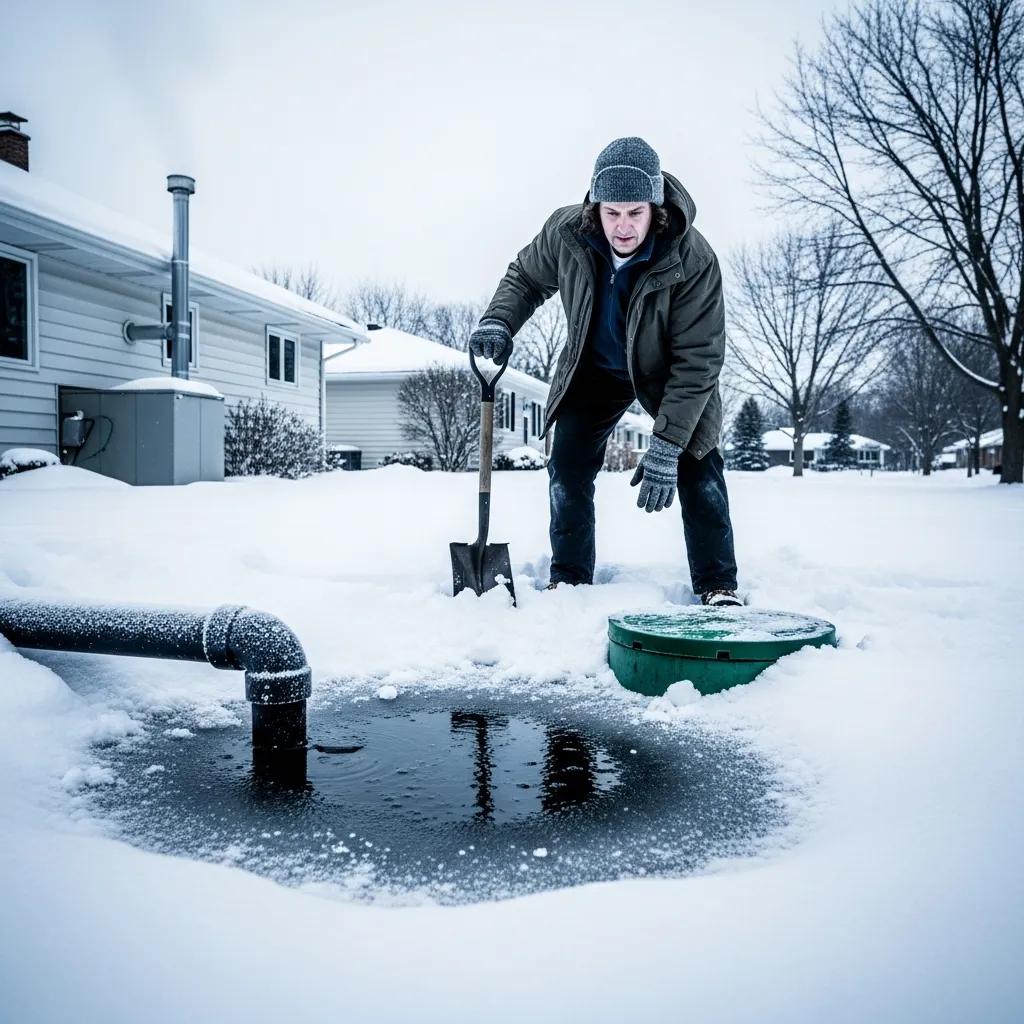Understanding your septic system is crucial for maintaining its efficiency and longevity. At Smart Septic Pros, we specialize in septic tank inspections, septic tank repairs, and evaluating septic drain fields to ensure everything runs smoothly. Our experienced team is dedicated to providing top-tier services tailored to your needs.
Keep reading to discover what to expect from professionalinspection services and when your septic system might need a check-up. You’ll also learn what our inspectors look for to keep your system in tip-top shape.
Key Takeaways for Professional Inspection Services
What to Expect From ProfessionalInspection Services
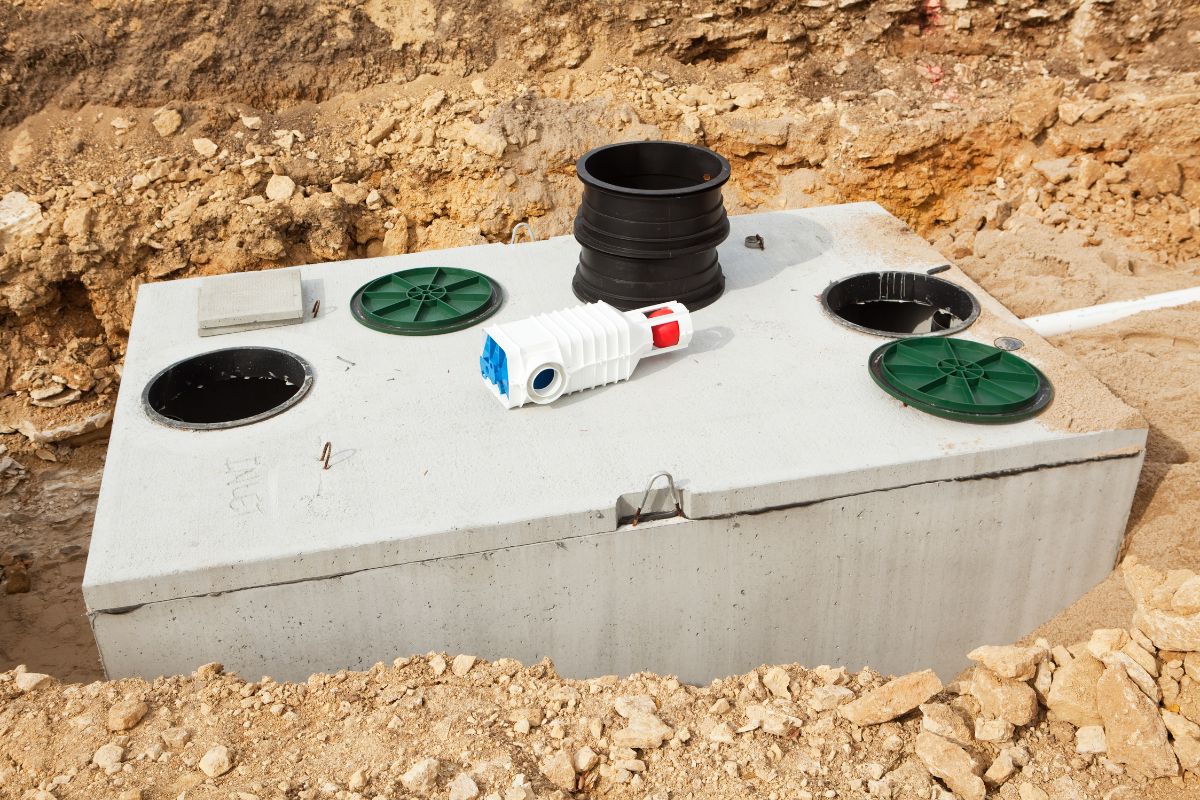
When scheduling an inspection, the process typically begins with an initial consultation to contact Smart Septic Pros regarding the needs specific to your property. From there, a seasoned inspector will carry out thorough septic tank inspections and on-site evaluation procedures, closely examining the septic system to ensure everything is functioning as it should, including checking the septic tank, monitoring the sink connections, and ensuring proper flow of wastewater.
After the inspection, the inspector will provide a solid report detailing the findings, along with follow-up recommendations for septic tank repairs to keep the system operating efficiently septic drain fields. Clients walk away with a clearer understanding of their septic systems and any necessary steps to maintain them.
Initial Consultation and Planning
During the initial consultation, clients discuss vital details about their properties, including aspects like soil type and any history of flooding that could affect the septic system. The inspector may also review the deed to identify any easements or restrictions that pertain to groundwater management.
This groundwork sets the stage for a comprehensive inspection, enabling the team to tailor their approach to specific needs, such as assessing the system’s response to high water from recent showers.
On-Site Evaluation Procedures
During the on-site evaluation, our inspector focuses on key components of the septic system, including the pipes and tank. We’ll check for any leaks or blockages that could hinder performance and evaluate the condition of the sand filter if the system utilizes one.
By thoroughly examining these elements, our inspector can determine if the septic tank needs to be pumped or if additional septic services are required.
| Evaluation Steps | Details |
|---|---|
| Pipe Inspection | Check for leaks or blockages in the system. |
| Tank Assessment | Ensure the septic tank is functioning properly. |
| Sand Filter Condition | Evaluate the sand filter if applicable. |
| Recommendations | Suggest necessary septic services and pumping if needed. |
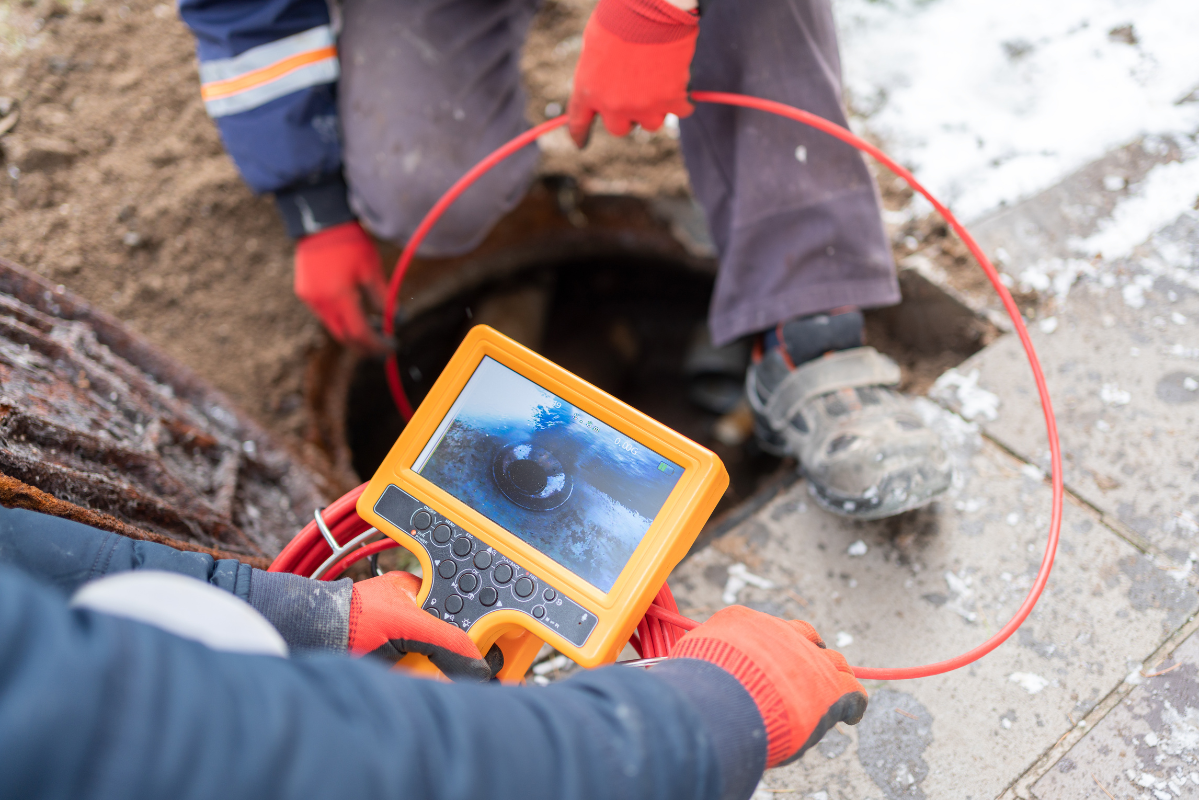
Reporting and Follow-Up Recommendations
After the inspection, our inspector will give a clear report outlining their findings related to the septic system, including the condition of the septic drain field. This report often includes a breakdown of any necessary action items and the associated fee for follow-up services.
If applicable, the report may also highlight aspects concerning warranty coverage and accessibility, ensuring clients understand their options moving forward.
| Report Components | Description |
|---|---|
| Condition Overview | Details of the septic drain field and overall system condition. |
| Action Items | Recommendations for repairs or maintenance. |
| Fees | Cost breakdown for additional services. |
| Warranty | Information on warranty coverage and conditions. |
| Accessibility Advice | Suggestions for ensuring easy access for future inspections. |
Ready to uncover the details of how professional septic inspections work? Get ready to dive into the key elements and benefits that these essential services provide!
ProfessionalInspection Services Explained
Regular septic system checks are vital for maintaining a healthy home and preventing costly emergencies. A thorough inspection not only assesses the septic tank but also ensures all components operate smoothly.
Generally, a standard inspection includes checking the tank levels, evaluating the drain field, and examining all connections. Our professionals are equipped with advanced tools and techniques, such as specialized cameras and sensors, to spot issues that often go unnoticed.
The United States Environmental Protection Agency emphasizes that proper maintenance, including timely pumping, can significantly extend the lifespan of septic systems, making routine inspections an essential part of any septic service plan.
The Importance of Septic System Checks
Regular septic system checks are crucial for homeowners looking to protect their property and maintain a healthy environment. By identifying potential leaks or issues early, especially in bustling areas with various zip codes, residents can avoid costly repairs down the line.
Moreover, if you’re working with a real estate agent, having a clean inspection report can enhance your property‘s value and appeal to prospective buyers, giving you a significant edge.
- Check for tank functionality
- Identify leaks that may compromise the system
- Ensure compliance with guidelines from the Georgia State Department
- Enhance property value for a smoother selling process
What Is Included in a Standard Inspection?
A standard septic inspection typically covers several critical areas of the system. Inspectors check for the presence of sewage sludge within the tank, which can indicate whether it has reached its capacity. They also analyze the potential for contamination stemming from leaks or blockages, ensuring the system complies with necessary licenses and regulations.
| Inspection Areas | Details |
|---|---|
| Sewage Sludge Levels | Measure the amount of sludge in the tank to assess capacity. |
| Contamination Risks | Identify any leaks or blockages that pose contamination threats. |
| License Compliance | Ensure all practices meet local licensing and regulatory standards. |
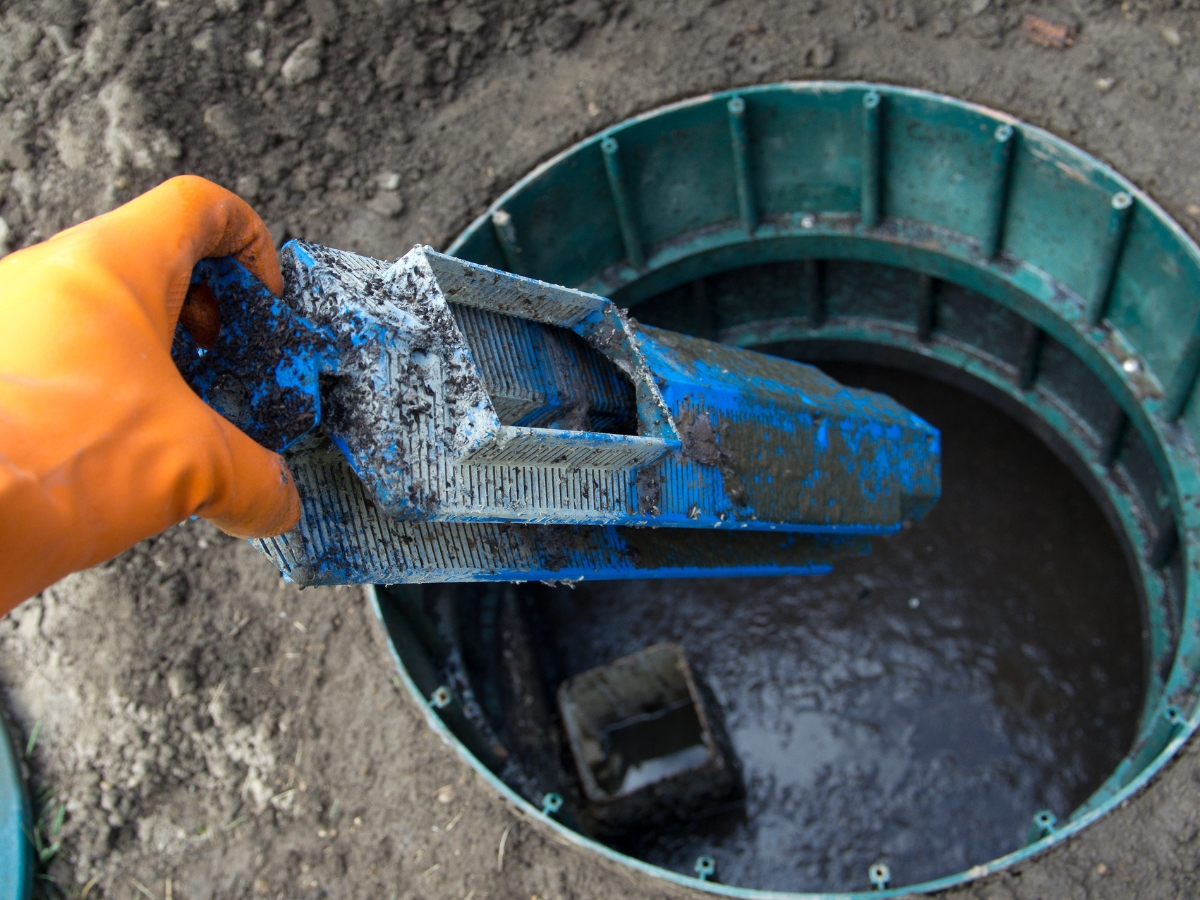
Advanced Tools and Techniques Utilized
Our inspectors utilize a range of advanced tools to ensure a thorough evaluation of septic systems, especially in commercial properties. We can deploy cameras to examine pipes and monitor the flow of effluent, which helps identify blockages or leaks that could cause waste disposal issues.
Additionally, sump pumps may be tested to confirm their functionality, ensuring that any flooding or excess water is managed efficiently without disrupting the bacterial processes essential for proper septic function.
A thorough septic inspection can save a lot of headaches down the road. So, when exactly should property owners make it a priority?
When Should a Septic System Be Inspected?
Understanding when to inspect a septic system plays a crucial role in maintaining its efficiency and protecting water quality. Customers should aim for routine inspections every three to five years for optimal performance. However, certain signs, such as sluggish drains or unpleasant odors, indicate the need for immediate attention.
Additionally, if homeowners prepare to sell their property or purchase a new one, involving an estate agent in scheduling an inspection can ensure everything is in order. This proactive approach not only helps avoid surprises but also enhances the property‘s value while maintaining a healthy environment for all.
Recommended Inspection Frequency for Optimal Performance
In the state of Georgia, understanding the recommended inspection frequency for septic systems is key to maintaining optimal performance. Homeowners should aim for routine inspections every three to five years, especially after any significant construction near the system that could impact its function. This proactive approach helps catch any sewage issues early, ensuring that the system operates smoothly and safeguarding the environment.

Signs Your Septic System Needs Immediate Inspection
Homeowners should watch for specific signs indicating that a septic system needs immediate attention. Slow draining sinks or toilets, persistent unpleasant odors, and any visible backups in drains are all cause for concern and need a prompt visual inspection.
These issues could suggest that the sewage treatment process is impaired, which might necessitate a gravity-based solution or additional septic services to avoid more significant problems.
- Slow draining sinks or toilets
- Persistent unpleasant odors around the property
- Visible backups in drains or plumbing fixtures
Preparing for Property Sale or Purchase
Preparing for a property sale or purchase involves understanding the septic system’s condition, which is vital for environmental health. Buyers are increasingly interested in the state of the septic tank, including whether it has undergone recent septic tank pumping or maintenance. Homeowners should be proactive by addressing any drainage issues, especially if the property has a basement, to ensure everything is in top shape before the deal is finalized.
Understanding when to inspect your septic system sets the stage for ensuring it runs smoothly. Now, let’s dive into what inspectors actually check during these crucial visits.
What Might Septic System Inspectors Look For?
Our septic system inspectors play a crucial role in maintaining the health of both the system and the environment. Our evaluation often begins with identifying common issues, such as leaks or blockages, that can disrupt the septic flow. Our inspectors also assess the tank‘s condition and functionality, ensuring it can handle its workload effectively.
Additionally, we inspect the drain field’s integrity and flow to confirm that wastewater is being properly absorbed into the soil. This trifecta of focus areas helps ensure the septic system operates efficiently and prevents costly future repairs.
Identifying Common Septic System Issues
Smart Septic Pro inspectors focus on several common issues that can impact both system efficiency and environmental safety. We routinely check for leaks, which can lead to hazardous contamination, and blockages that disrupt wastewater flow. By catching these problems early, our inspectors help homeowners avoid costly repairs and ensure their septic systems run smoothly.
Assessing Tank Condition and Functionality
Assessing the condition and functionality of a septic tank is a key part of any inspection. Our septic experts look for signs of wear and tear, such as cracks or corrosion that could compromise the tank‘s integrity. We also check the tank‘s capacity to ensure it can handle the waste produced by the household without overflowing or causing backups.
Inspecting Drain Field Integrity and Flow
Inspecting the drain field’s integrity and flow is a vital part of septic system evaluations. Our septic inspectors look for signs of compaction or damage that might hinder wastewater absorption. We also evaluate how well the water is dispersing in the soil, which helps ensure that the entire system is functioning efficiently and prevents any potential backups.
Septic system inspectors dig deep to uncover hidden issues that could cause major headaches later on. Now, let’s shift gears and explore the best ways to evaluate a septic system effectively.
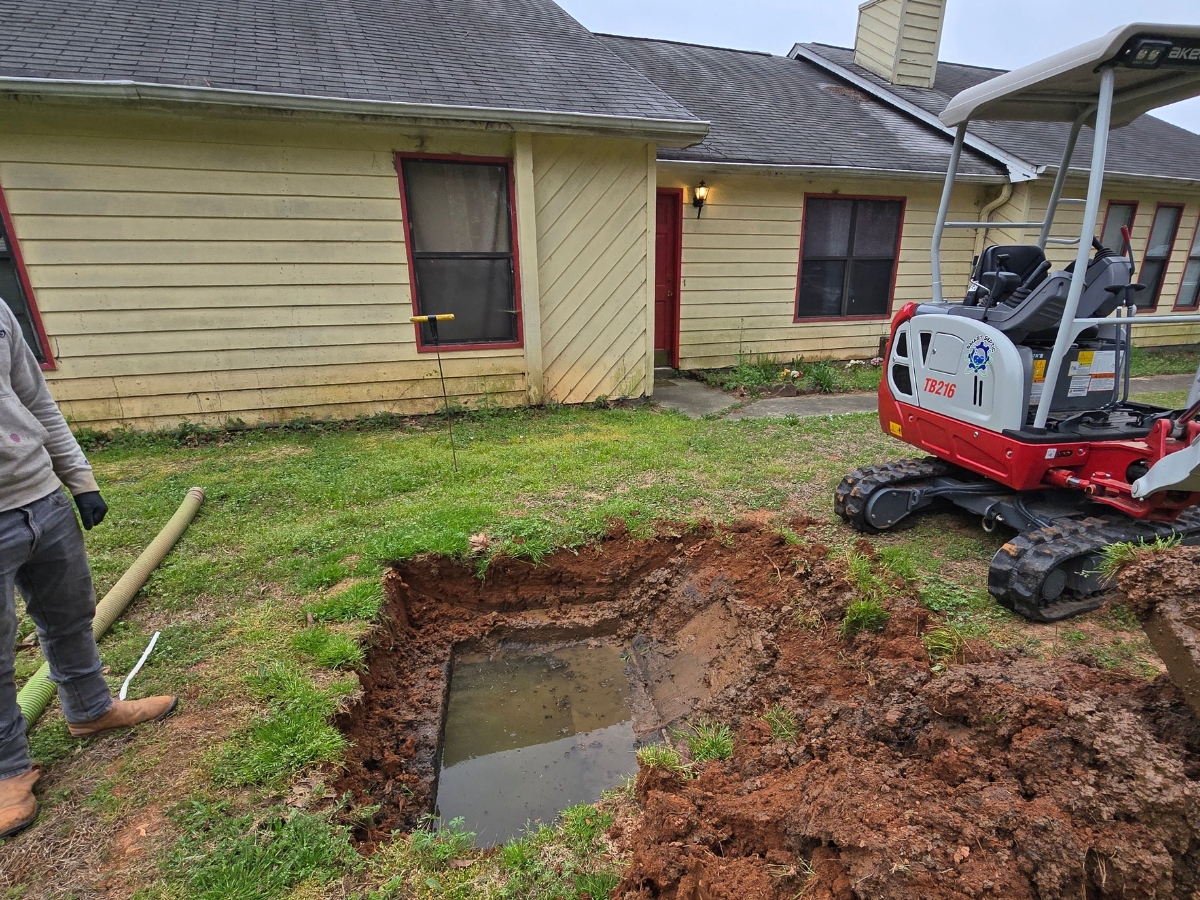
How Do You Evaluate a Septic System?
Evaluating a septic system involves understanding its key components and how they interact with one another. This process includes a thorough assessment of both the tank and the drain field to ensure they function effectively.
Our experienced inspectors take a close look at the tank‘s condition, checking for any signs of damage or potential overflow. We also evaluate the drain field to confirm that wastewater is properly absorbed into the soil, preventing contamination.
Water quality testing plays a critical role in this evaluation by identifying any harmful contaminants that may be present, ensuring the system protects both the property and the surrounding environment. Overall, this comprehensive inspection approach helps keep septic systems running smoothly and safe for everyone involved.
Understanding the Components of a Septic System
A septic system consists of several crucial components that work together to treat and manage wastewater. The tank serves as the primary storage for sewage, allowing solids to settle at the bottom while liquids flow out to the drain field. Properly functioning drainage fields help absorb and filter the effluent back into the soil, keeping the surrounding environment safe and free from contamination.
The Process of Evaluating Tank and Drain Field
Evaluating a septic system involves closely inspecting both the tank and the drain field to ensure they function properly. Our inspectors start with the tank, looking for any cracks, damage, or signs of overflow that could signal issues. Following the tank assessment, We shift our focus to the drain field, checking that it absorbs wastewater efficiently and remains free of compaction or blockage.
- Inspect tank for cracks or overflow signs.
- Evaluate drain field performance and absorption.
- Ensure no blockage or compaction in drain field.
Importance of Water Quality Testing in Evaluation
Water quality testing is a crucial part of evaluating a septic system. This testing helps identify harmful contaminants that may escape from the tank, affecting both the property and the surrounding environment. Regular tests ensure the system remains compliant with health regulations and protects the wellbeing of everyone in the area.
| Testing Aspects | Significance |
|---|---|
| Contaminant Identification | Helps detect harmful substances in the water supply. |
| Regulatory Compliance | Ensures the system meets health and safety regulations. |
| Environmental Protection | Prevents contamination of local water sources. |
Evaluating a septic system is just the beginning of ensuring its smooth operation. With Smart Septic Pros, experience professional inspection services that take your peace of mind to the next level!
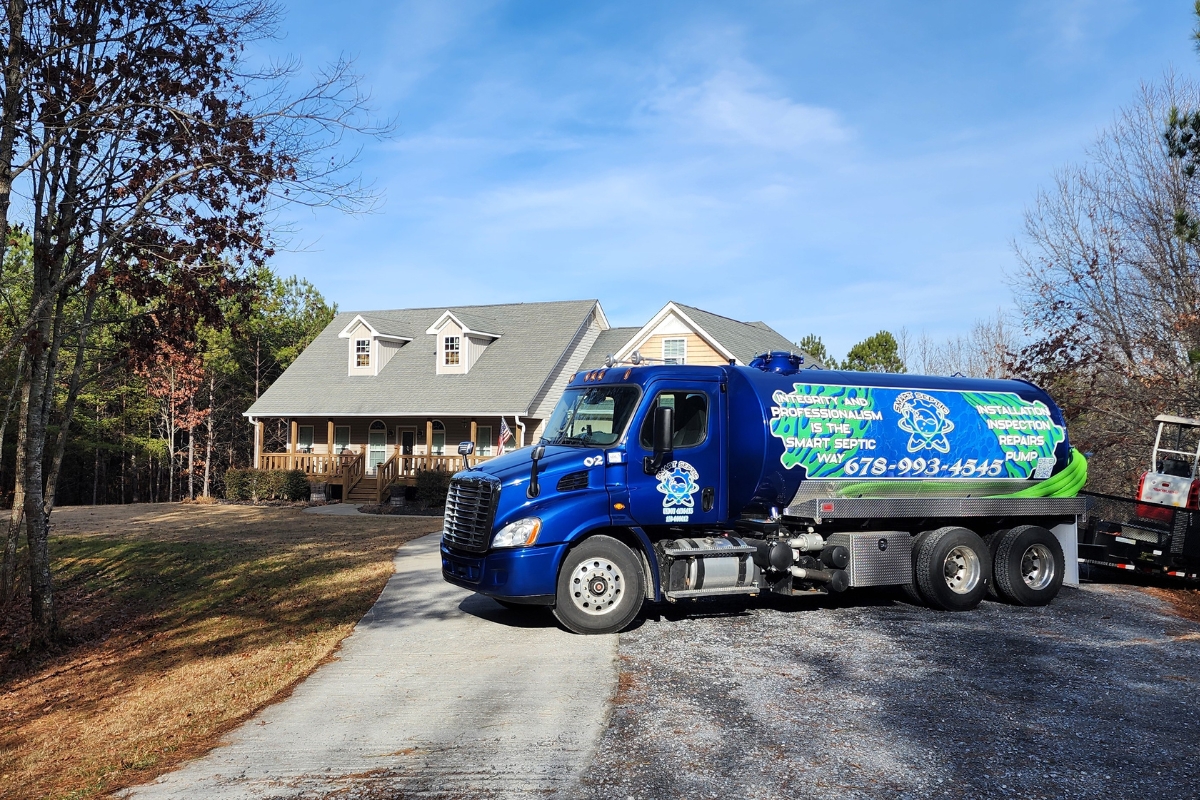
Complete Septic System Professional Inspection Services
Professional inspection services for complete septic systems provide a comprehensive look at every aspect of a homeowner’s septic setup. By combining visual assessments with full functionality tests, inspection teams can identify potential issues before they escalate. Beyond basic checks, our professionals often offer additional services tailored to the unique requirements of each system, making sure that everything runs smoothly.
Whether it’s ensuring optimal drainage, checking for blockages, or customizing the inspection based on specific system characteristics, the goal remains the same: to keep septic systems functioning properly and efficiently.
From Visual Assessments to Full Functionality Tests
Professional inspection services blend visual assessments with detailed functionality tests to give a complete picture of the system’s health. Our experts observe key components, checking for any visible signs of wear or issues while employing advanced techniques to test how well everything operates together. This thorough approach ensures that clients can address potential problems early, keeping their septic systems in great shape for years to come.
Additional Services Offered by Inspection Teams
Inspection teams often provide a range of supplementary services to ensure a septic system operates without hiccups. These may include regular maintenance checks, which help catch minor problems before they become major headaches. Additionally, our professionals can offer pumping services to remove sludge and scum build-up, further prolonging the life of the system and ensuring optimal performance.
Tailoring the Inspection to Your System’s Needs
Each septic system is unique, and professional inspectors understand the importance of customizing their approach to meet specific needs. Factors like soil type, system age, and usage patterns can all influence inspection methods, allowing for a more accurate assessment.
By considering these variables outlined in our septic tank inspection checklist, our inspectors can pinpoint potential issues and offer recommendations that align with the homeowner’s situation, ensuring the system stays in top shape.
| Inspection Customization Factors | Considerations |
|---|---|
| Soil Type | Influences the absorption capacity of the drain field. |
| System Age | Affects wear and potential need for repairs. |
| Usage Patterns | Determines how well the system can handle daily loads. |
Contact Smart Septic Pros for Professional Inspection Services
Understanding your septic system is vital for maintaining its efficiency and protecting your property. Regular professional inspections help identify potential issues early, preventing costly repairs and ensuring a healthy environment. By knowing what to expect during inspections, homeowners can take proactive steps to address any concerns. Thorough evaluations ultimately enhance property value and provide peace of mind for both current and future owners.
Are you in need of septic inspection services in Canton, Acworth, Marietta, or the metro Atlanta area? With our expertise, we can identify any potential issues early on and provide effective solutions. Understanding the importance of regular inspections in maintaining a healthy septic system is crucial in avoiding costly repairs down the line. Trust Smart Septic Pros for comprehensive inspection services that prioritize the longevity and efficiency of your septic system.

